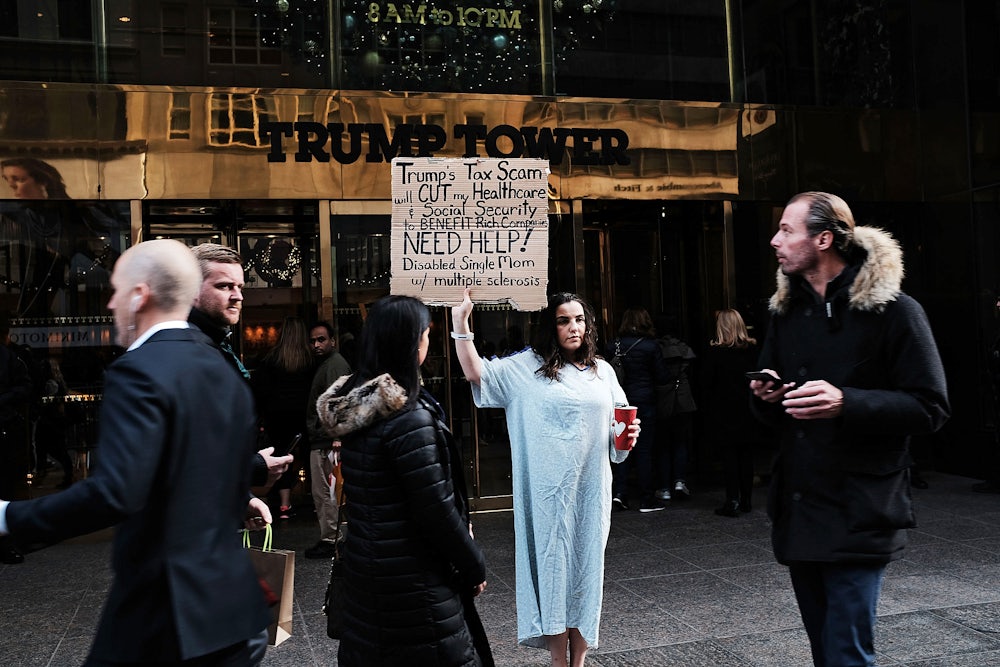Liberalism is Dead! Long live Liberalism! The foundations of liberalism are quaking once again, but liberalism’s future is also here, in its newest form: power-sharing liberalism.
An insistent desire for freedom fires the human spirit. It has always done so, and it will until there are no longer such beings as can be called human, I would wager. But over the long span of history, human beings have not always lived in conditions of freedom. Nor in the current moment do all people live free—where that means control over one’s life and personal property, protection from arbitrary interference by the government, and felt opportunity to participate in collective governance.
Instead, over the course of history, oases of freedom for some have been carved out from a broader surround of habitual domination of the many by the few. Starting in the eighteenth century, those oases have been formed with the conceptual architecture of human rights and necessary limits on governmental power. Ever since, the entrance to the oasis has had strung over it a welcome sign that says LIBERALISM.
No liberal order has been pure. The liberal order of the American founding was shot through with the domination of African Americans, Indigenous Americans, and women. In other words, from its very birth, liberalism had within it the seeds of conflict. Would the forces of domination extend themselves, or the forces of liberation? And so war came. First, the Civil War, and then world wars. Freedom was expanded again in the New Deal against domination flowing from economic power; and again during the era of the civil rights movement, when not only African Americans but also, later on, women and members of the LGBTQ community found new emancipation.
Yet the “iron law of oligarchy” of early-twentieth-century sociologist Robert Michels persists. In a book called Political Parties, he argued that every political party, and implicitly every form of social organization, tends over time toward oligarchy, toward capture by a small elite. Every free society will always find the human thrust toward freedom impeded by the efforts of some to dominate others. The work of freedom is constantly to resist this emergent capture by elites or other minority interests. The elites can change, but the work of freedom remains the same. There are always forms of capture to undo.
Our current moment is no different.
In the early 1990s, economists’ nascent recognition of a startling rise of income and wealth inequality in a globalizing economy broke through to public consciousness. Coincident to that rise has come increasing capture of U.S. political institutions by wealth elites, as measured by the degree to which congressional decisions track the preferences of different socioeconomic segments of the population. According to the work of political scientists Martin Gilens and Benjamin Page, the preferences of the bottom ninetieth income percentiles in the American electorate result in their chosen political outcomes only if they happen to align with the preferences of the most affluent 10 percent.
Yet wealth elites broadly are not the only minority currently capturing American politics. A subset within them—tech elites, now concentrated around AI, who build firms with extraordinary profits while employing astonishingly few people—is rearchitecting the very public sphere with little oversight or steering by our democratic polity. That Elon Musk has been able to dominate the world’s space-based satellite systems—and global communications infrastructure—with little pushback from nation-states speaks to extraordinary capture of our political possibilities by microscopically small elites.
But capture attempts are also underway from other positions within our social landscape. Radicalized right-wing activists (a group distinct from Republicans at large) push tactical civics in which “unlike politics … only half of 1 percent of the People” are needed to accomplish the goal of “taking America back,” according to the website TacticalCivics.com. A mere 2,500 people, a flash mob meaningfully coordinated by social media tools, was nearly able to bring to a halt the peaceful transition of power on January 6, 2021. The group at the Capitol was far smaller than the group turned out in Union Square in New York City in August 2023 by a social media influencer promising to give out free game consoles at 4 p.m.
What precisely do these capture attempts seek to block? Interestingly, if you attend not to national but to state politics, you find a picture of an American people who can come to supermajority consensus around policies that reflect homespun values of fairness, inclusion, and sticking up for the person getting the short end of the stick. Recent ballot measures that have secured supermajority support include cannabis legalization in multiple states, a decision in Mississippi to replace Confederate iconography on the state flag with new forward-facing iconography, and a decision in Massachusetts to give small auto shops access to the data in cars so that they can continue to compete in the repair business with the big auto manufacturers. There was also a near supermajority decision in Florida to restore voting rights to people with some past felony convictions. Similarly, robust majority coalitions resting on cross-ideological alliances have protected reproductive freedom in states like Kansas and Ohio. Each of these decisions is about affirming not material well-being but core freedoms (personal and political) and inclusion in the political community. This is liberalism. Twenty-first-century liberalism. Power-sharing liberalism.
This version of American liberalism is not the eighteenth-century version from which some were explicitly excluded. It is not the late-nineteenth-century version where industrialists were permitted the unimpeded exercise of power. It is not the early-twentieth-century version where new racialist exclusions had developed to replace old ones. This twenty-first-century version reflects a genuine effort to establish conditions for all to share in power across remarkable lines of difference in conditions of extensive diversity. Power is being reclaimed from a criminalizing state (cannabis legalization and restoration of voting rights), from tech elites (the right to repair), and from right-wing radicals (rejecting emblems of the Confederacy, protecting women’s control of their bodies).
The commentariat perhaps fails to see this grassroots rebirth of liberalism because the rebirth is so much about political, personal, and civil rights and not economic rights. New Deal economic liberalism gave way to neoliberalism, but the most profound wrong of neoliberalism has been not the remarkable transfer of income and wealth to the one percent but the erosion of agency for ordinary people. This is what people have had enough of. This is what affronts our most fundamental human desire—not merely our animal desire for material sufficiency but our human desire to steer the course of our own lives.
The commentariat may also fail to see the rebirth of liberalism in the grassroots because of the problem of capture itself. Corporate lobbying managed to stall the right to repair law in Massachusetts for years. And the restoration of voting rights in Florida has been blocked because the MAGA Republican Party in the state (again, as distinct from ordinary people with Republican views who voted for the ballot initiative) has found ways to prevent implementation.
Also, our national politics obscures our desires because minuscule portions of the electorate determine our candidates—in party primaries with startlingly shrinking participation. The combination of lower party membership, reduced turnout in primaries, and gerrymandering yields a situation where Texas Republican and Freedom Caucus member Chip Roy could win his party’s nomination in a district that is not competitive in a general election with votes from only around 3 percent of the electorate in his district in 2018, and New York Democrat and Progressive Caucus member Grace Meng could do the same with votes from only about 5 percent of the electorate in her uncompetitive district in 2012. How our party system currently functions is another form of capture.
So the future of power-sharing liberalism depends on a project of democracy renovation that would reverse the dynamics of capture of our political system by small elites (wealth elites, radicalized MAGA acolytes, and hyperpolarized party bases). Democracy renovation requires a set of critical reforms to rebalance and spread the allocation of power in our political system. Critical reforms include ending party primaries and replacing them with a unified ballot for the primary on which candidates from all parties can run, and in which some number of finalists (two, four, or five) advance to a final round where a majority winner is chosen. (In the case of the larger finalist sets, the least costly way of choosing a majority winner will be through instant runoff or ranked-choice voting.) We also need to close the loophole on foreign expenditure in American politics by prohibiting political contributions by corporations with meaningful levels of foreign ownership. The existence of the loophole supports corporate capture.
The commentariat does not yet see next-generation liberalism—power-sharing liberalism—because its policy footprint differs from the liberalism of the last era. It is emerging as democracy renovation—work to reconnect people to their civic power, experience, and responsibility and to redesign our political institutions to achieve responsive representation. But every new era of liberalism to date has proceeded by means of new methods: first constitutionalism; then through abolition, and the establishment (in principle, though not fully in practice) of personal freedom as a precompetitive matter beyond the reach of markets (meaning that there couldn’t be markets in humans); then by recognizing the power of the public sector to support Franklin Roosevelt’s four freedoms; then by acknowledging group-specific needs for emancipation; and then (in neoliberalism) by recognizing the need to emancipate innovation from public-sector domination. Now the method is democracy renovation.
The next generation of liberalism will pursue political emancipation. Long live liberalism!




